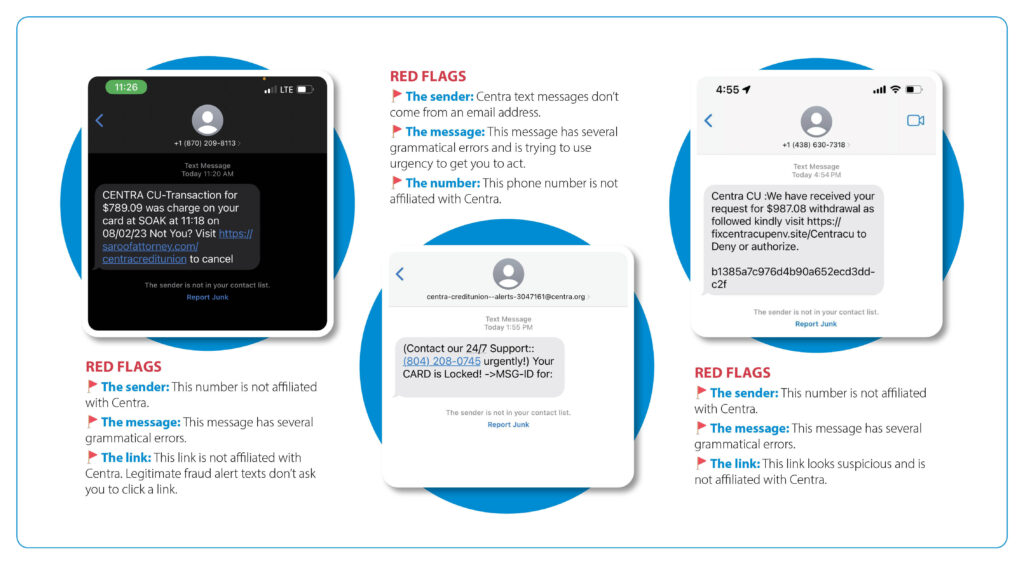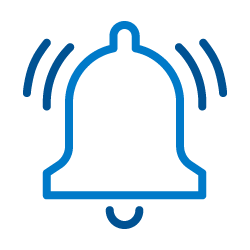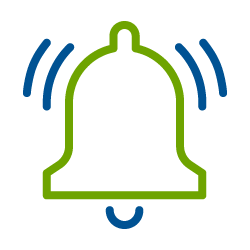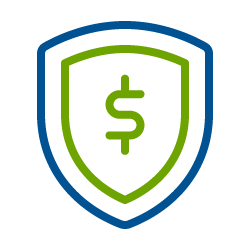Cybersecurity best practices everyone should know

In today’s digital world, safeguarding your personal information is more important than ever. From online shopping to social media, scammers and hackers are constantly evolving their tactics to gain access to your data. Practicing good cyber hygiene and staying informed can help you stay one step ahead.
What’s cyber hygiene?
Think of cyber hygiene like personal hygiene. It’s a routine of habits that keep your digital life clean and secure. Just as brushing your teeth prevents cavities, regularly updating your passwords and software helps prevent unauthorized access.
Top cybersecurity tips to keep you safe
Strengthen your digital defenses
- Use strong, unique passwords for each account and enable multi-factor authentication when available.
- Install antivirus and anti-malware software and keep it updated.
- Set software and system updates to run automatically to patch vulnerabilities.
- Use a VPN to protect your IP address and encrypt your internet connection.
Be smart about online shopping
- Buy from trusted sellers, check reviews, contact information, and affiliations with reputable organizations.
- Use digital wallets like Apple Pay and Google Pay or credit cards instead of debit cards for increased security.
- Look for HTTPS or SSL encryption before entering payment details.
- Save records of your purchases, including receipts and product descriptions.
- Review privacy policies to understand how your data will be used.
Stay vigilant on social media
- Limit the personal information you share online. Fraudsters can use details like your birthday or pet’s name to guess passwords or security questions.
- Adjust your privacy settings to control who sees your posts.
- Avoid using social login shortcuts (like ‘Login with Facebook’) on unfamiliar sites.
Spot and avoid scams
- Trust your instincts. If something feels off, whether it’s a call, text, or email, don’t engage.
- Beware of phishing and smishing attempts. Never click on suspicious links or respond to unexpected messages asking for personal info.
- Verify before you act. If a friend sends a strange message or a company contacts you unexpectedly, confirm their identity through a trusted channel.
- Watch out for work-from-home scams. Red flags include upfront fees, unrealistic pay, and vague company details.
Watch out for AI scams
Artificial intelligence is making scams more convincing and harder to detect. Here are common AI-driven threats and how you can work to protect yourself:
- Voice cloning: Scammers use AI to mimic a loved one’s voice and request money in an “emergency.”
- Deepfake videos: These are fake videos of celebrities or public figures promoting scams.
- AI-generated phishing emails: Well-written emails that look legitimate but contain malicious links.
- Fake customer support numbers: Fraudulent phone numbers appear in search results, leading to fake representatives.
- Impersonation chatbots: AI chatbots mimic real customer service agents to steal login or payment info.
Ways you can protect yourself from AI scams
- Verify independently. Don’t trust unexpected calls, texts, or emails. Contact companies directly.
- Look for red flags. Check for odd sender addresses, urgent language, or robotic tone.
- Use shared secrets. Ask questions only your real contacts would know. It may even be worthwhile to have a ‘safe word’ with loved ones.
- Be cautious with the media. Watch closely for unnatural movements or audio glitches in videos.
- Limit public info. Set social profiles to ‘private’ to reduce data scraping.
Centra will never ask for your personal information!
Remember, Centra will never call or text you asking you for personal information, including card numbers, login credentials, and security codes. If you receive a suspicious text or call claiming to be from Centra, do not respond. Instead, hang up or report the text as spam, and call Centra directly at 800-232-3642 to verify. You can also reach out to us online by clicking the chat bubble in the bottom right corner.

Know where to report fraud
If you suspect a scam, you can report it to:
- Federal Trade Commission (FTC)
- Better Business Bureau (BBB)
- FBI Internet Crime Complaint Center
- Your state’s attorney general
- S. Postal Inspection Service
Cybersecurity isn’t a one-time task. It’s a lifestyle. By adopting these best practices and staying informed, you can better protect your personal information and enjoy the benefits of the digital world with confidence.














